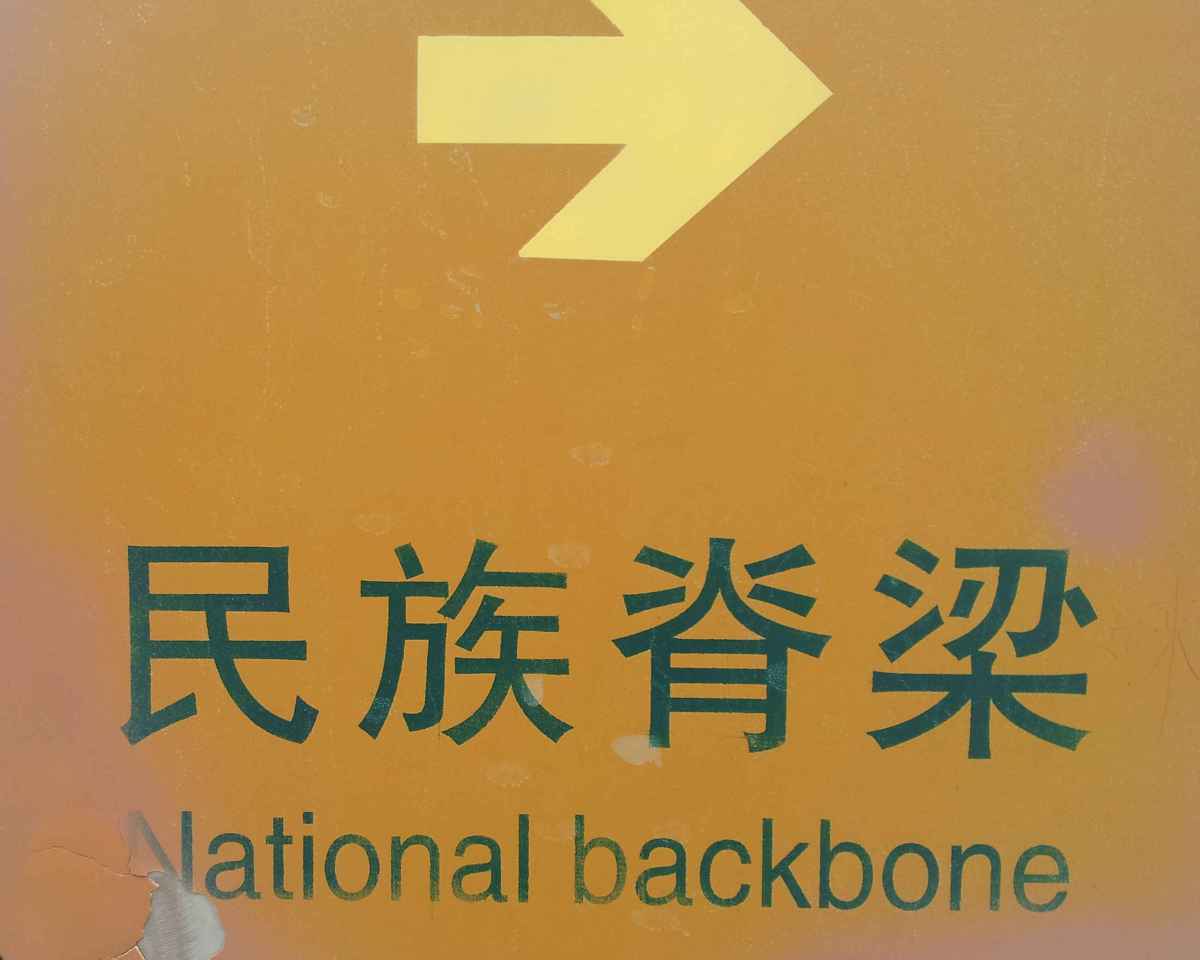Imperial miscommunication
[This is a guest post by Krista Ryu]
I came across a fun anecdote from The Annals of the Joseon Dynasty, which is the annual records of the Joseon Dynasty from 1413-1865, a national treasure of Korea. It is full of interesting, authentic records, since no one, including the kings themselves, could revise the records. Consequently, even funny mistakes made by the Kings will be recorded in detail.
The story of failed communication between a Goryo Dynasty diplomat and the Hongwu Emperor (1368-1398; r. 1328-1398) of the Ming Dynasty (1368-1644).
The story is as below (I have translated into English what I read in Korean, so what was actually said in Chinese at the time could be slightly different but the meaning should be the same):
Read the rest of this entry »


